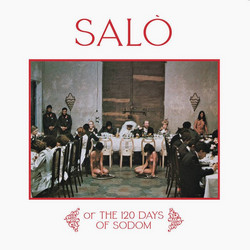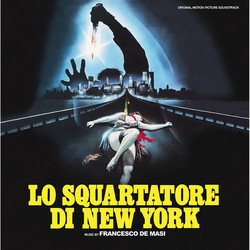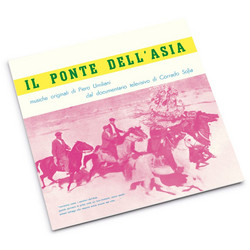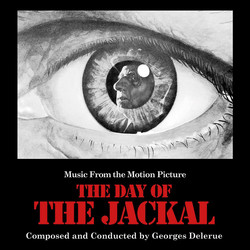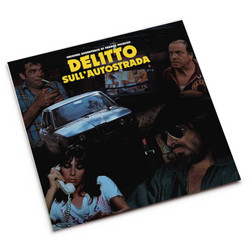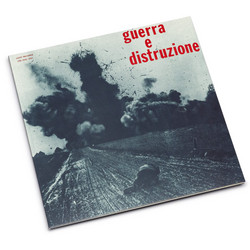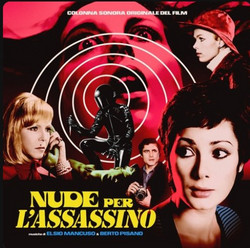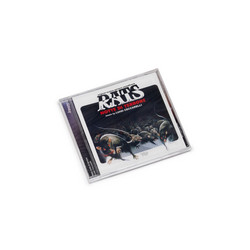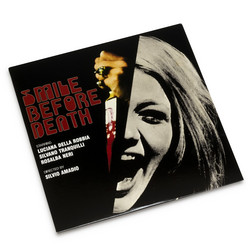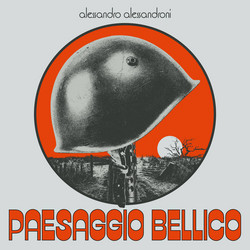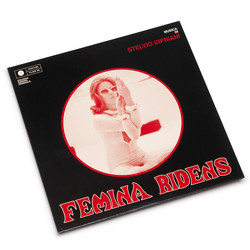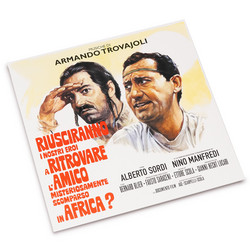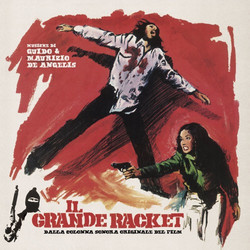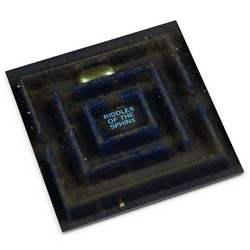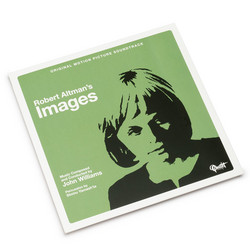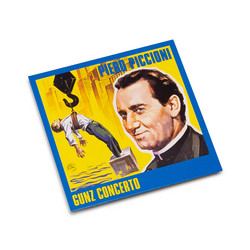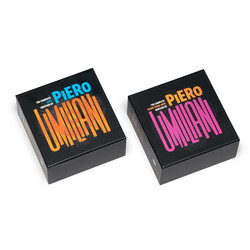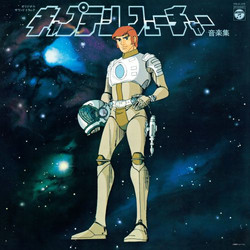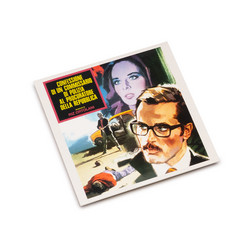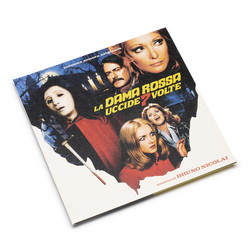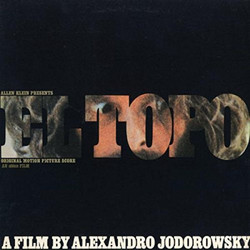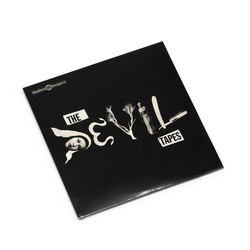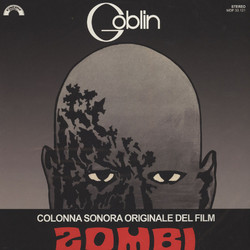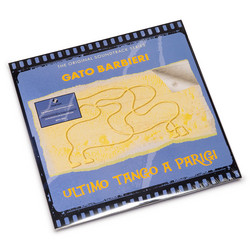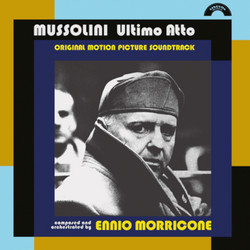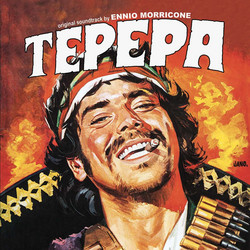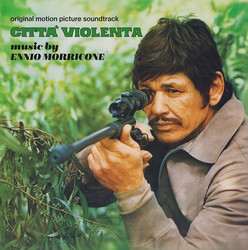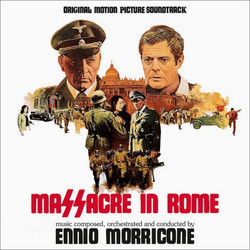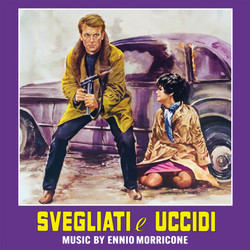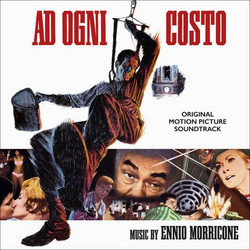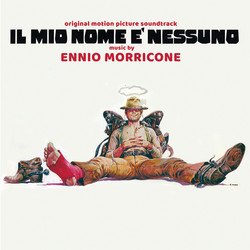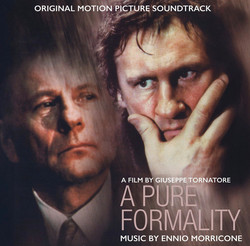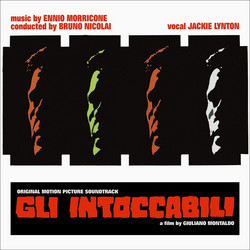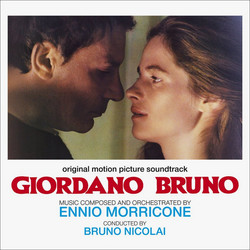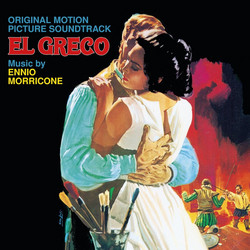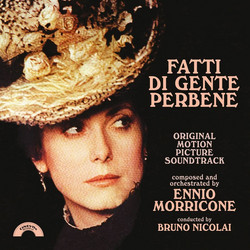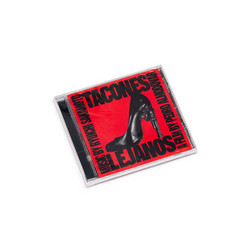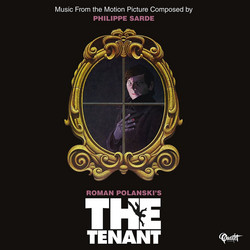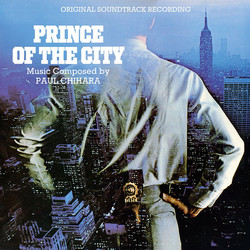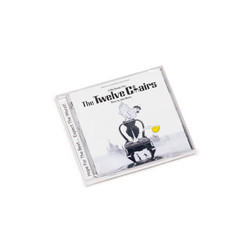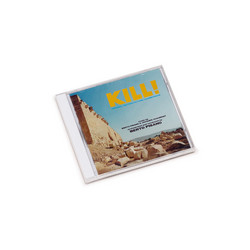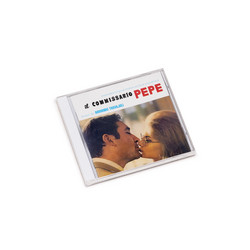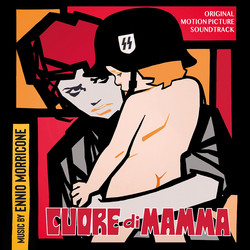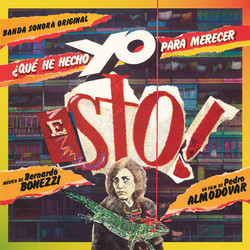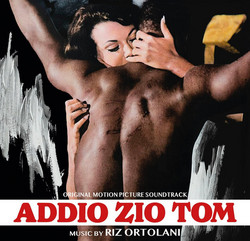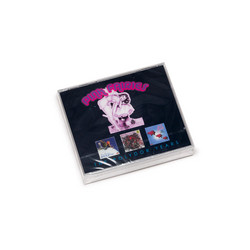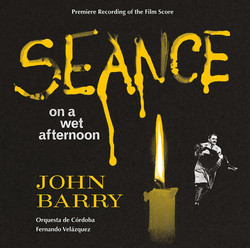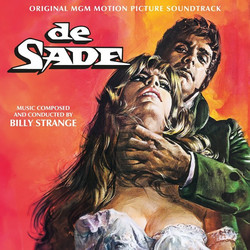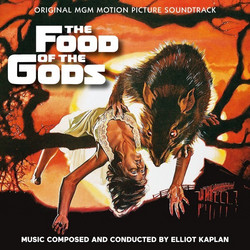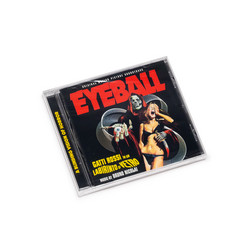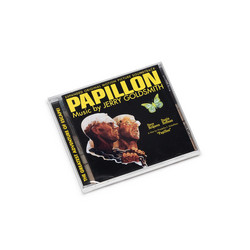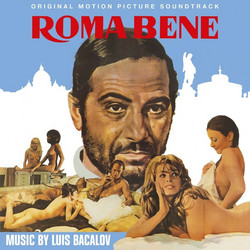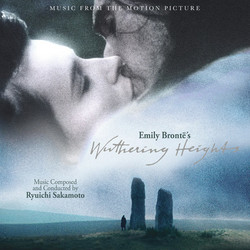Quartet Records, in collaboration with EMI General Music Publishing, presents a meticulously remastered reissue of the beautiful, nostalgic Ennio Morricone score for the 1973 romantic drama Questa Specie d'Amore, directed by Alberto Bevilacqua. This definitive release showcases one of Morricone's most intimate and emotionally profound compositions, a work that stands among his finest achievements in the realm of romantic cinema scoring. The film presents a complex portrait of marriage and social obligation through the story of Federico (Ugo Tognazzi), who is married to Giovanna (Jean Seberg), a wealthy and attractive woman whose fortune has secured him an excellent social position. The narrative's emotional depth is enhanced by the contrasting figure of Federico's father Giuseppe, an anti-fascist craftsman whose principles stand in stark opposition to his son's compromised lifestyle. This tension between personal integrity and social convenience provides the dramatic foundation for one of Morricone's most psychologically nuanced scores.
Following the success of his previous collaboration with Alberto Bevilacqua on La Califfa, Ennio Morricone crafted a radiantly passionate score for Questa Specie d'Amore that showcases his unparalleled ability to translate complex human emotions into musical language. The score features one of Morricone's most heartfelt and profound love themes, a melody that captures both the intensity of romantic passion and the melancholy of relationships bound by circumstance rather than genuine feeling.
The composer's genius lies in his creation of beautiful variations on this central love theme, each iteration revealing different facets of the characters' emotional journey. Morricone demonstrates his mastery of thematic development, allowing the main melody to evolve and transform as the narrative progresses, mirroring the protagonists' changing relationship dynamics. Equally compelling is another nostalgic theme written for solo oboe, a haunting melody that defines Federico's essential loneliness and the gradual breakdown of his marriage. This instrumental choice is particularly inspired - the oboe's plaintive, human-like voice becomes the perfect vehicle for expressing the protagonist's isolation within his gilded cage of social privilege. The theme serves as a musical representation of Federico's internal conflict, caught between the comfort of his circumstances and the emptiness of his emotional life.
The release history of this score reflects the ongoing challenges in preserving Italian film music treasures. The original album program was released on vinyl in 1973 by General Music, presenting a carefully curated selection of the score's highlights. The music made its first digital appearance in 1993 when GDM released it on CD paired with Morricone's score for Maddalena, introducing the work to a new generation of listeners.
Efforts to present a more comprehensive version began in 2000 when Screen Trax issued an expanded edition in Italy. However, the definitive release came in 2007 when Verita Note in Japan released the first complete edition featuring all the music recorded by Morricone for the film. This Japanese release quickly sold out, becoming a highly sought-after item among collectors and Morricone enthusiasts worldwide. This Quartet Records reissue is based on that complete Japanese edition, supervised by Dániel Winkler and Claudio Fuiano, and entirely restored and remastered by Chris Malone from the original tapes. Malone's meticulous work reveals new layers of detail in Morricone's orchestrations while preserving the intimate, chamber music-like quality that makes this score so emotionally affecting. The package includes comprehensive liner notes by Miguel Ángel Órdóñez, providing essential context for both the film's production and its place within the rich tradition of Italian romantic cinema. Órdóñez's insights illuminate the subtle ways in which Morricone's music enhances the film's exploration of love, compromise, and the price of social conformity.
